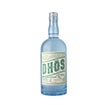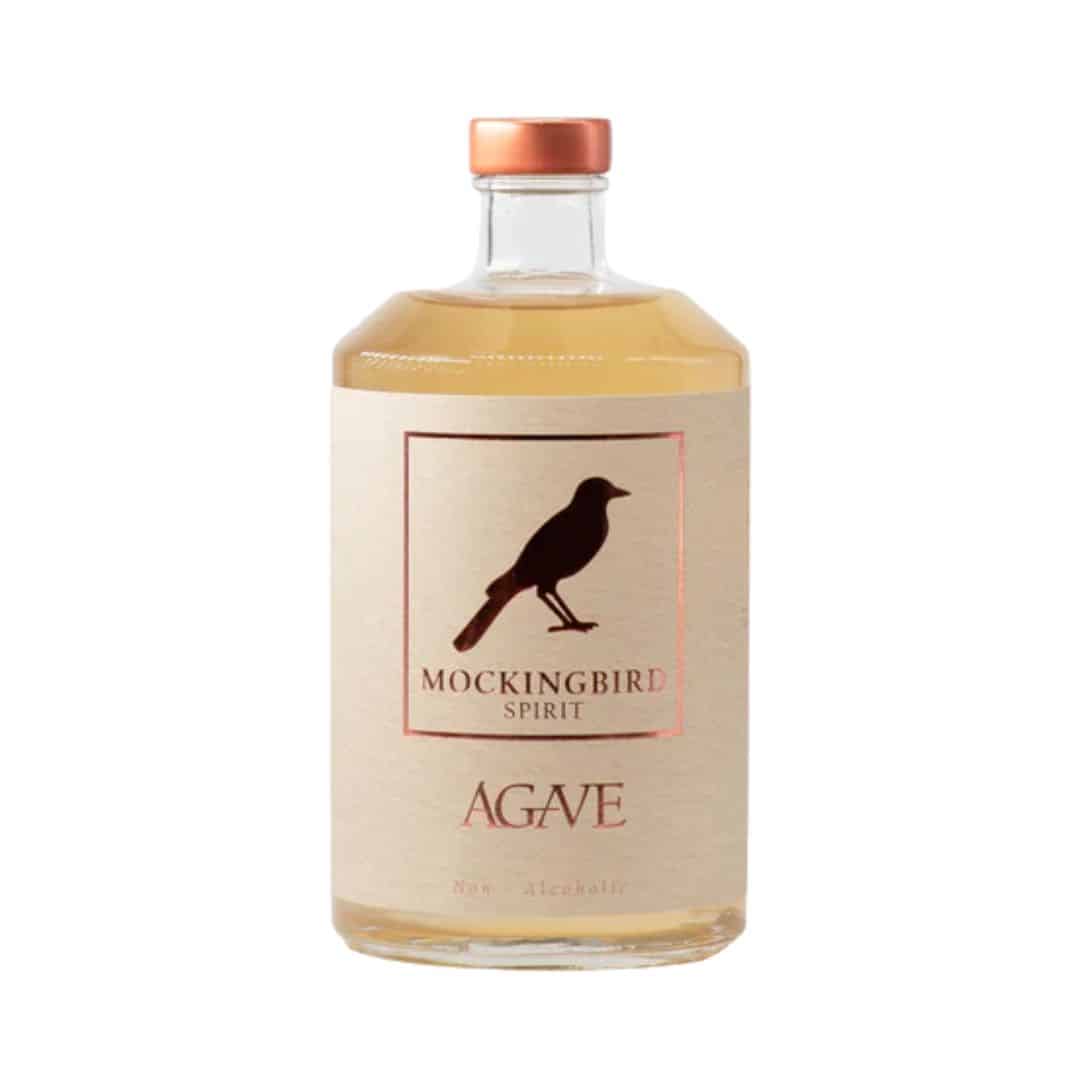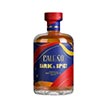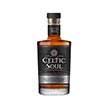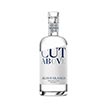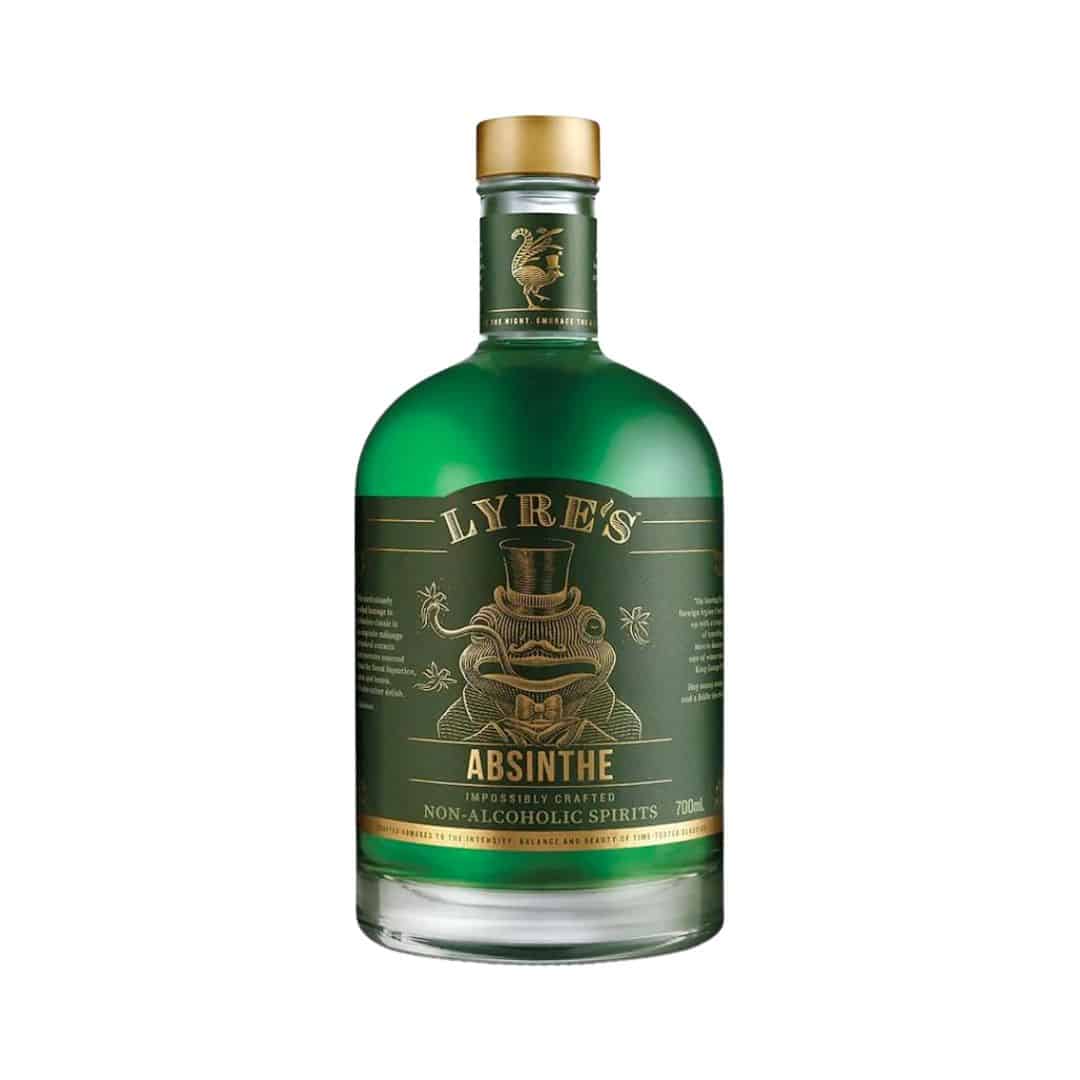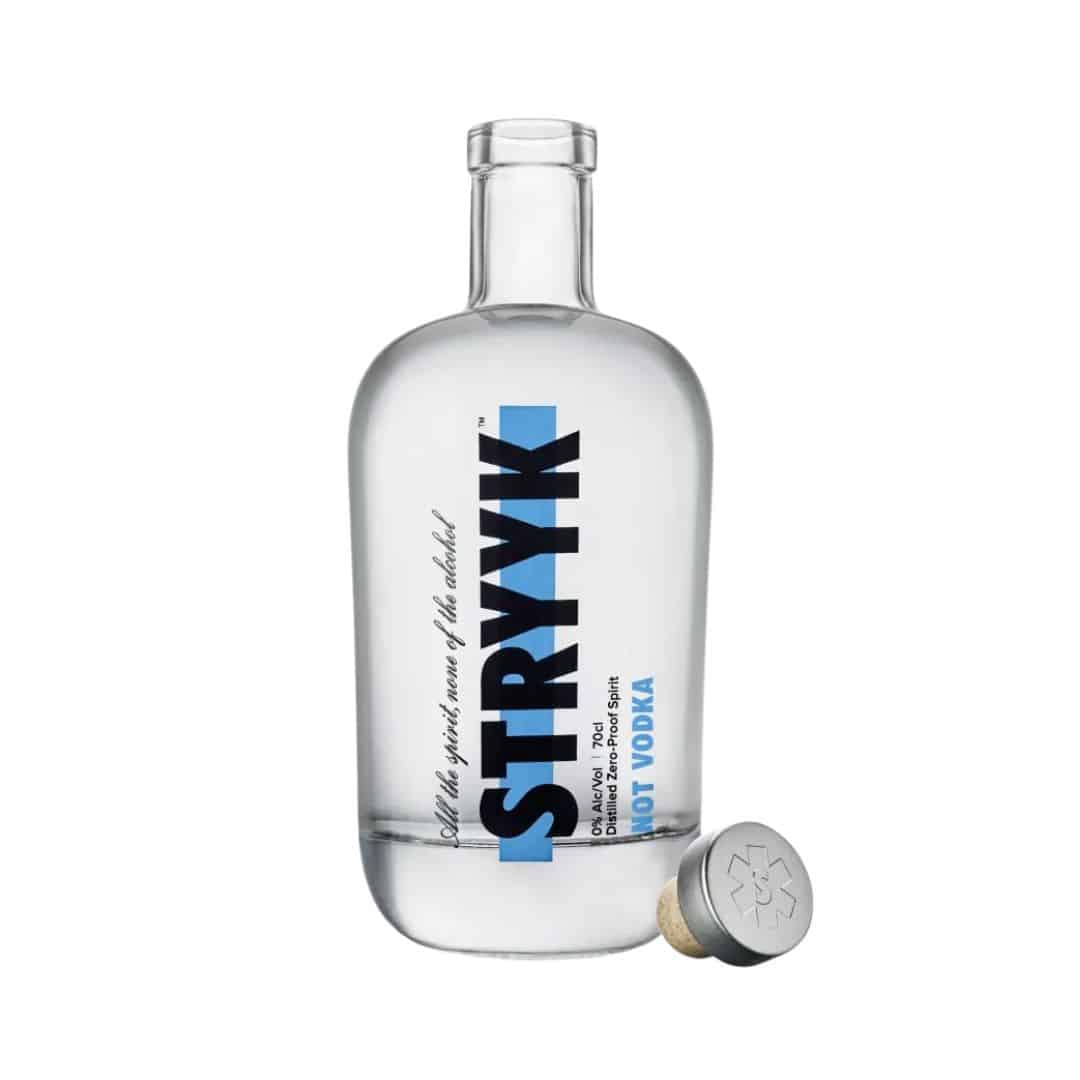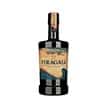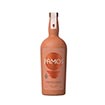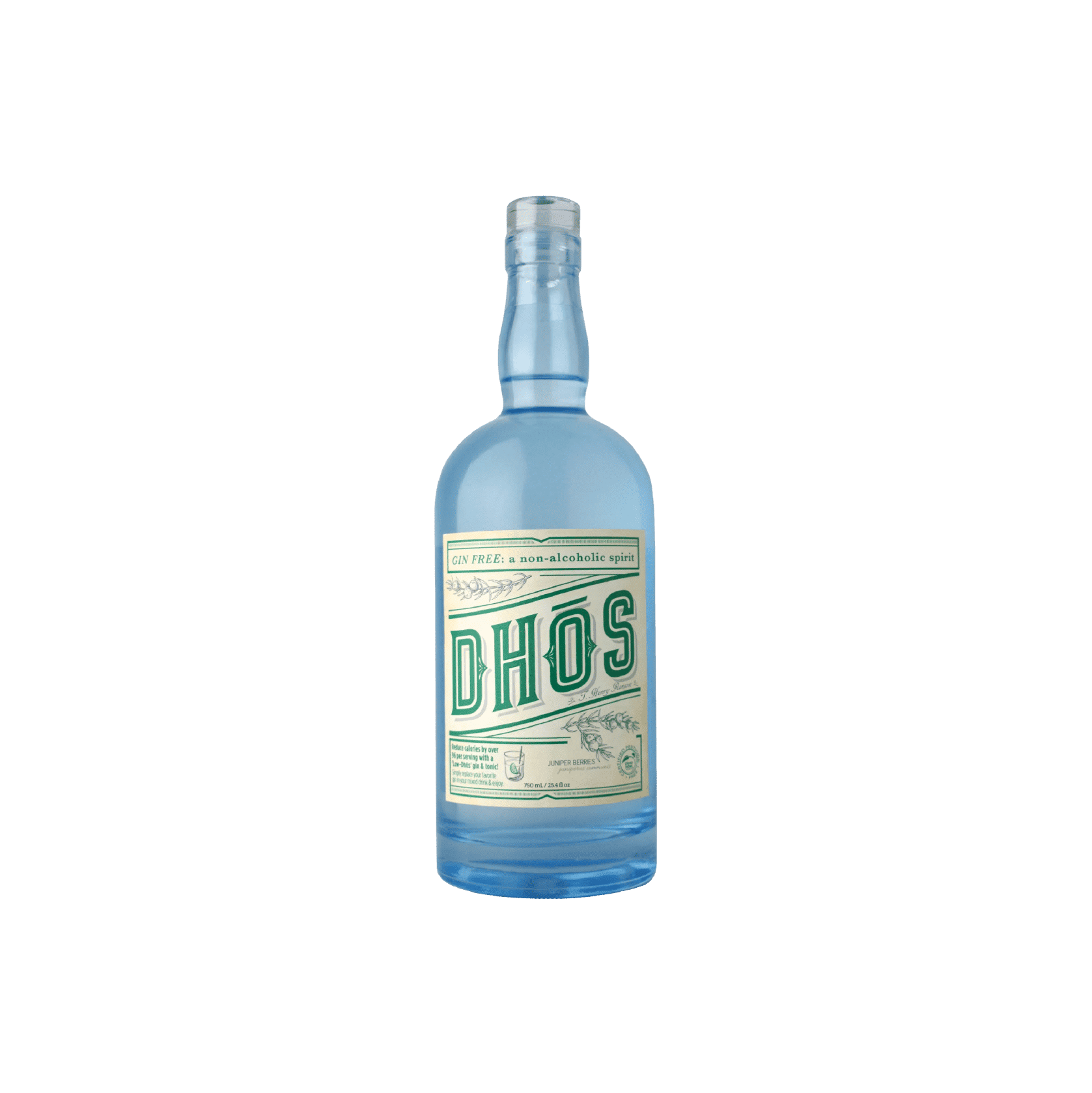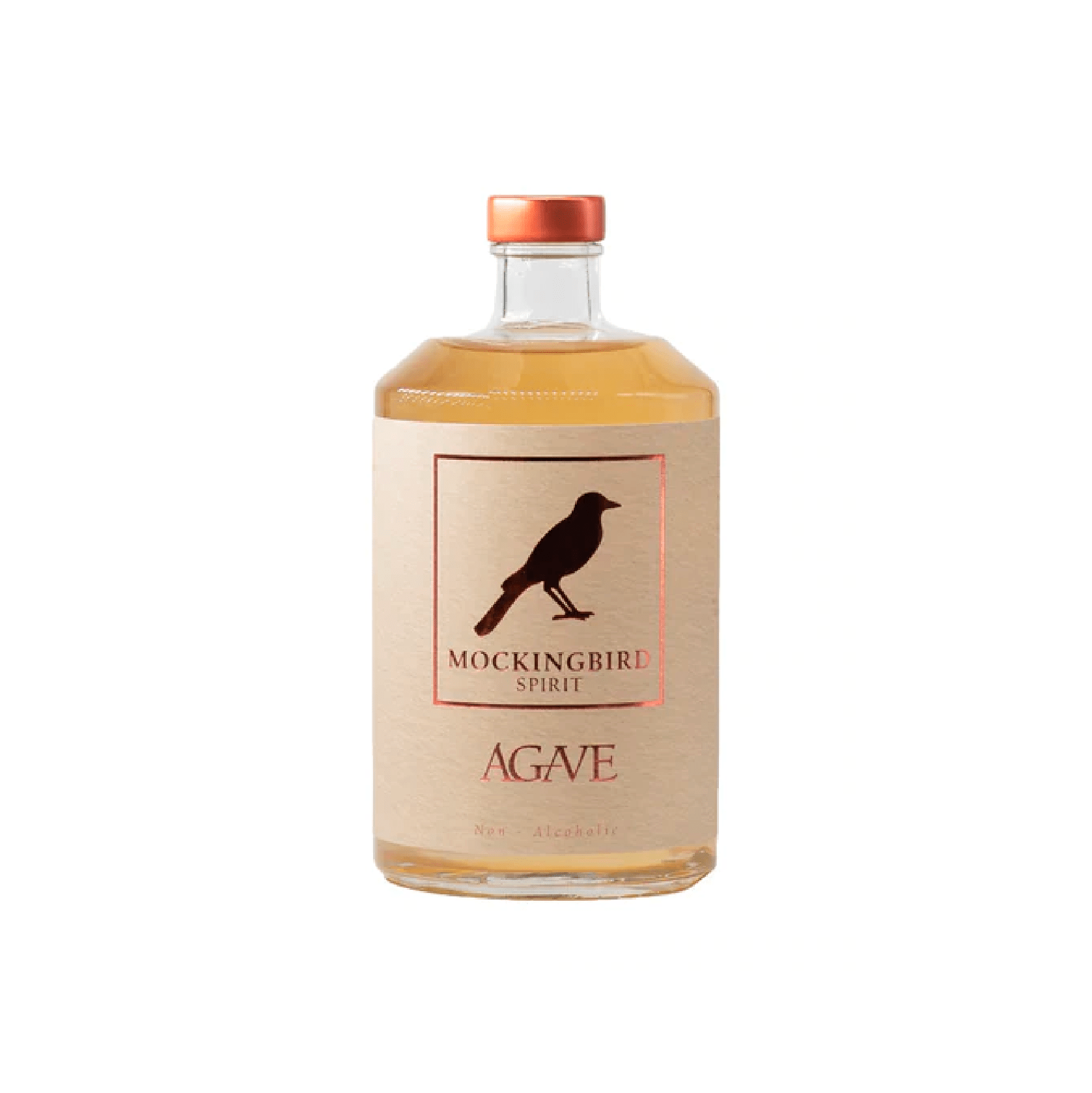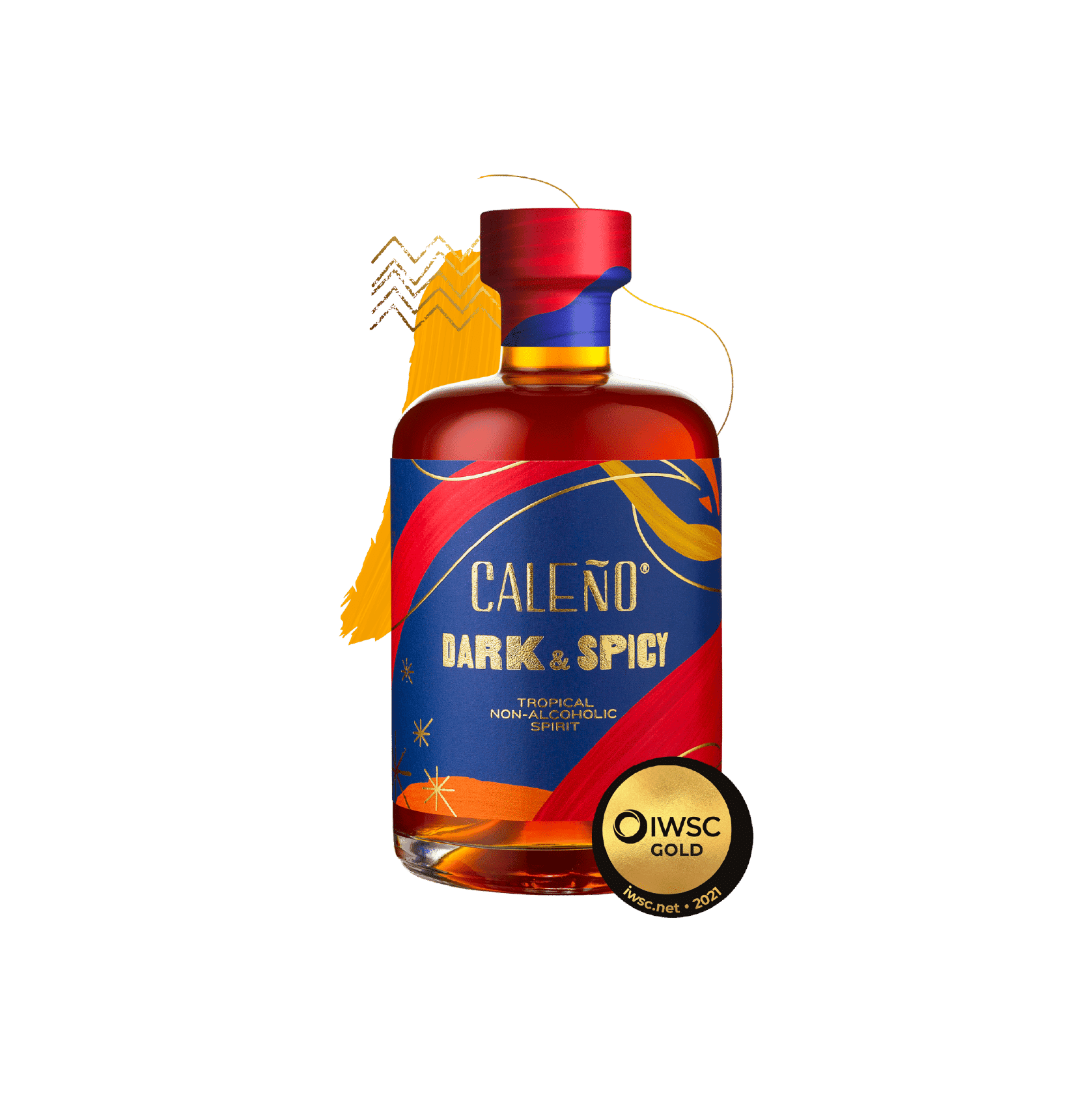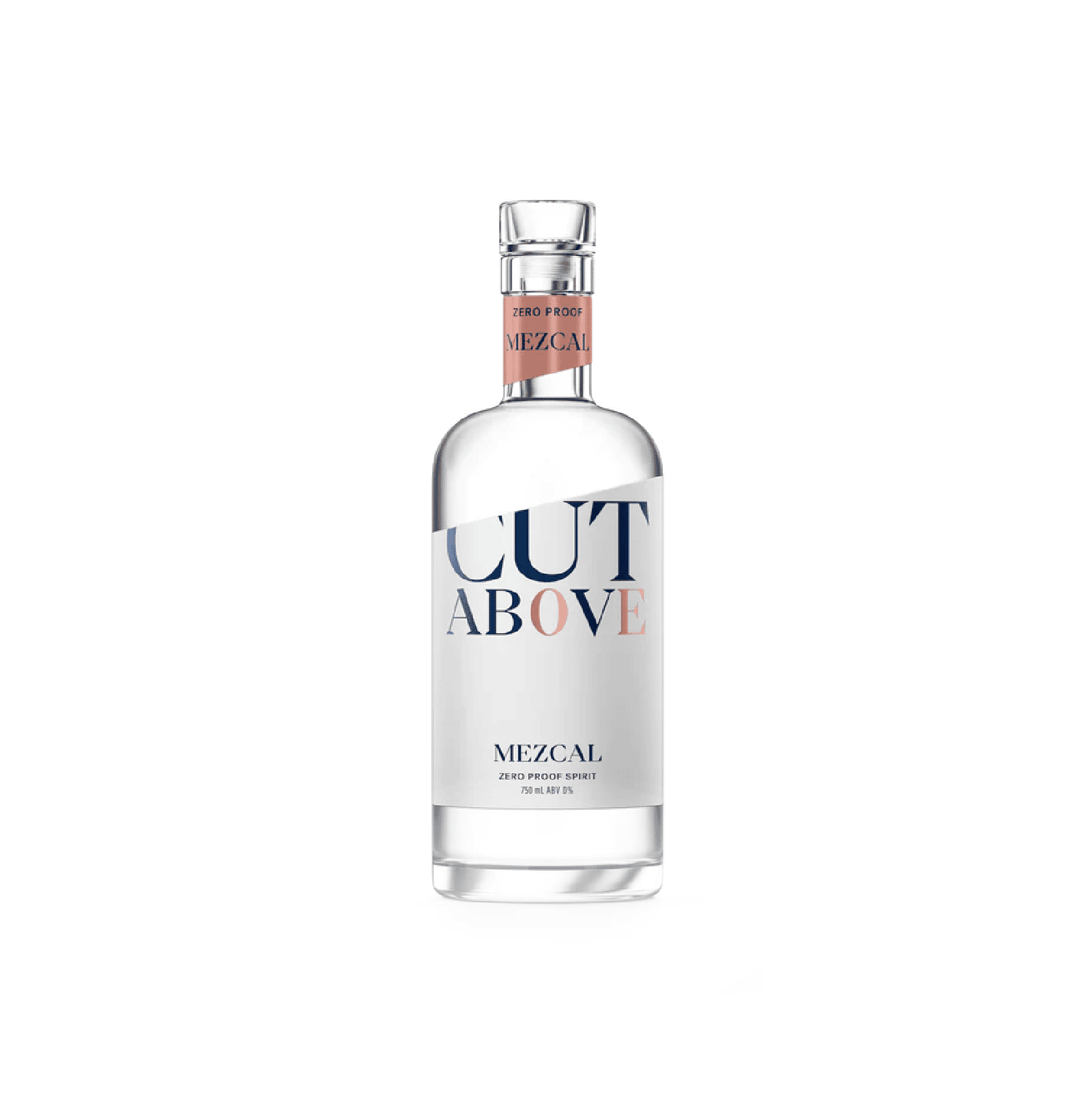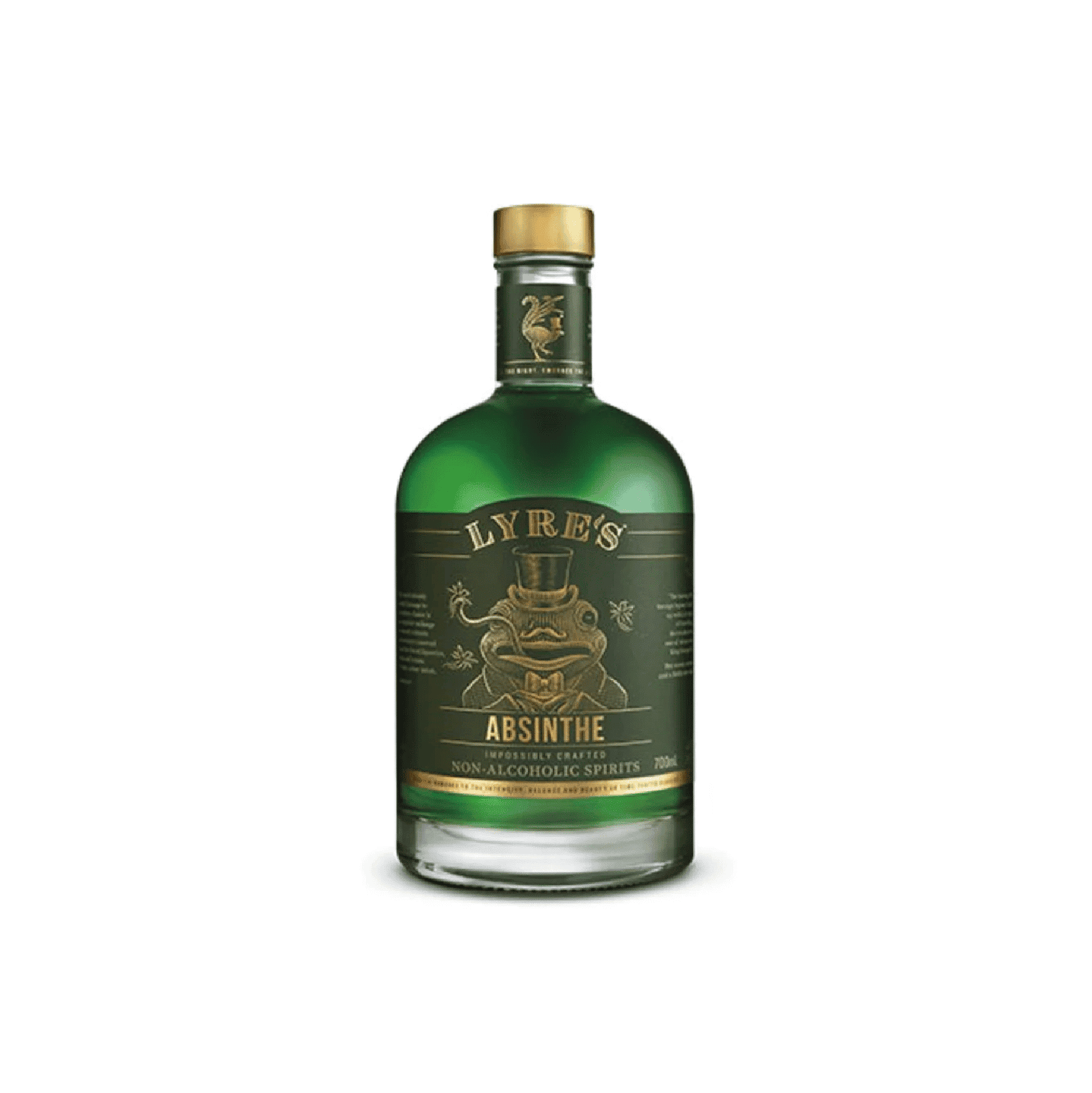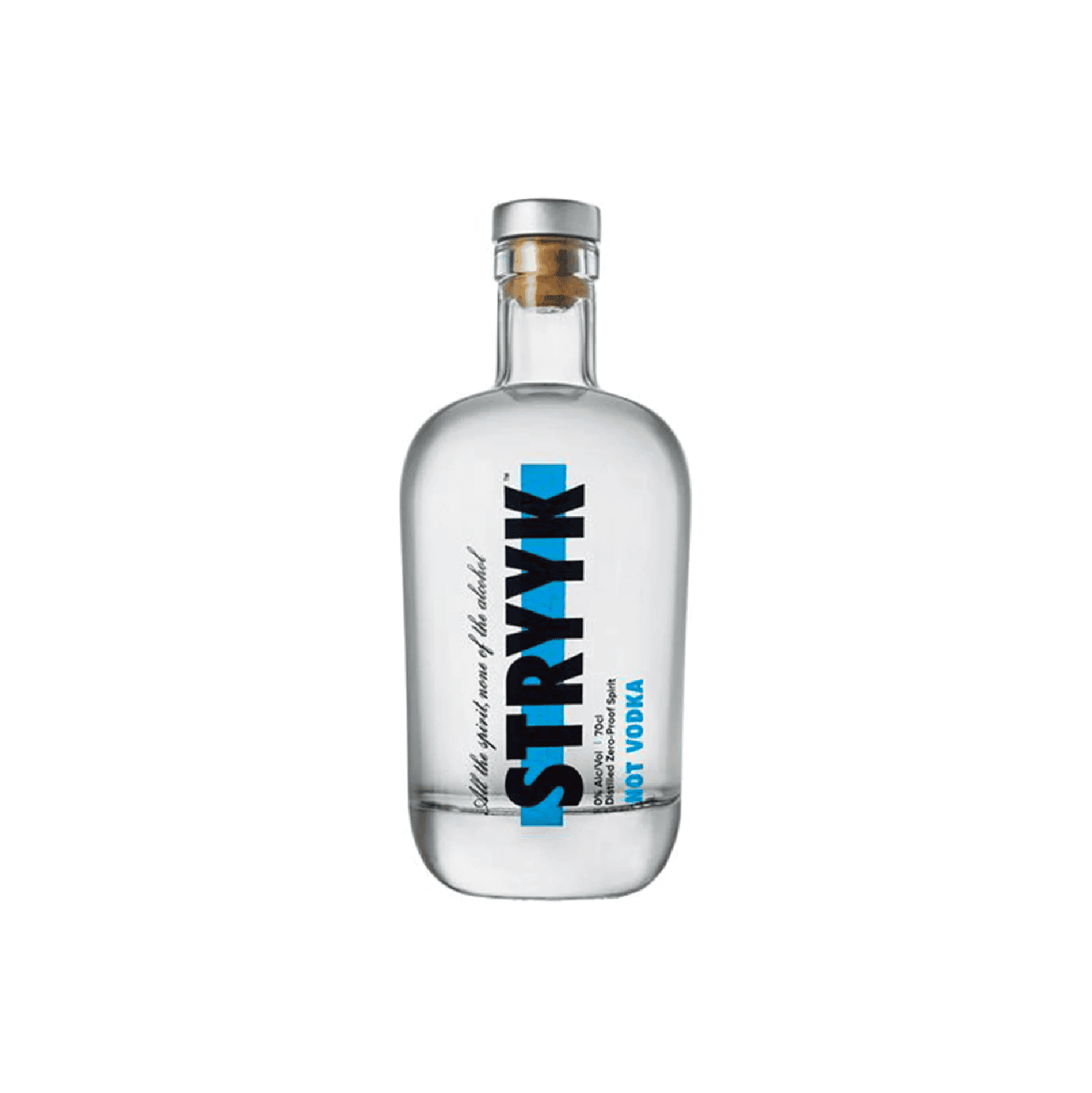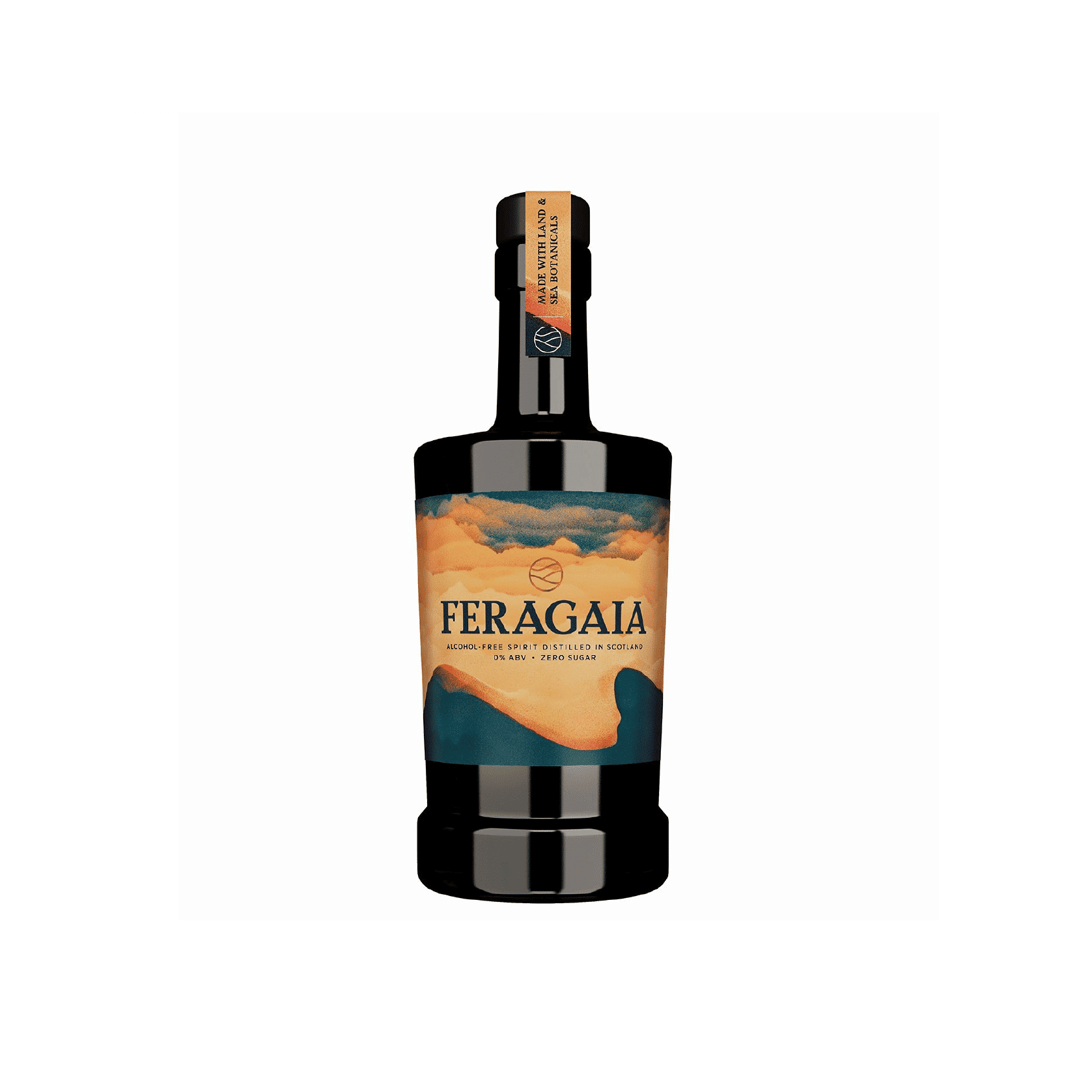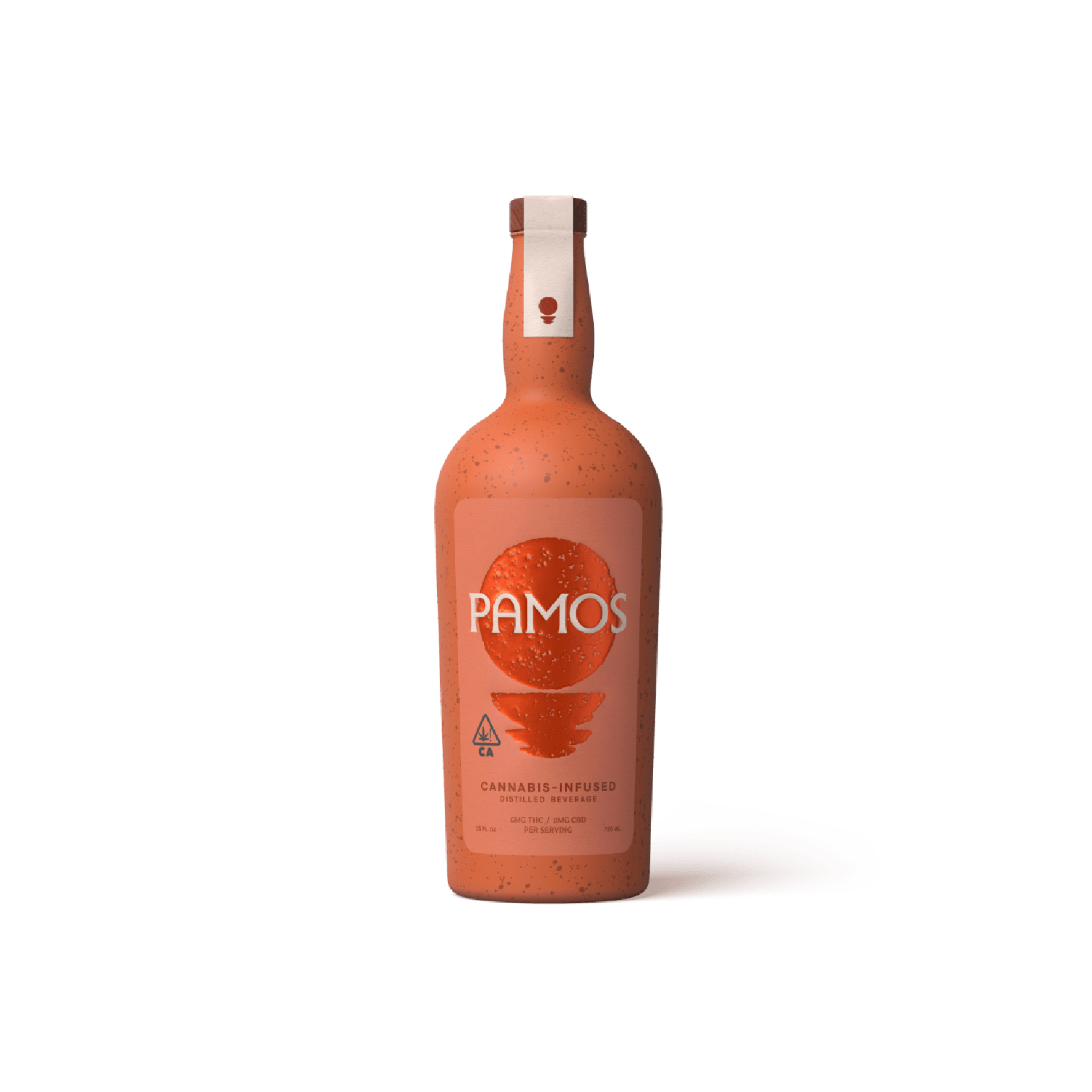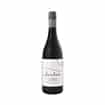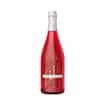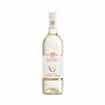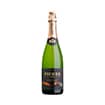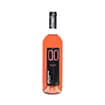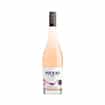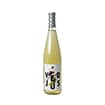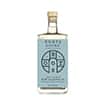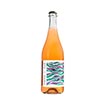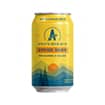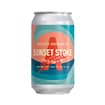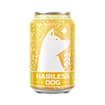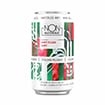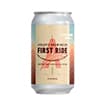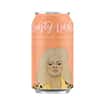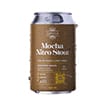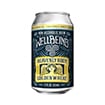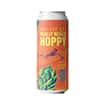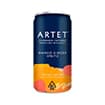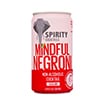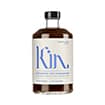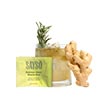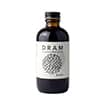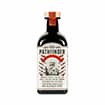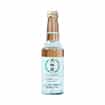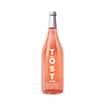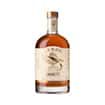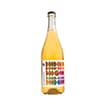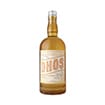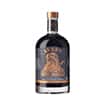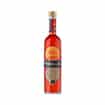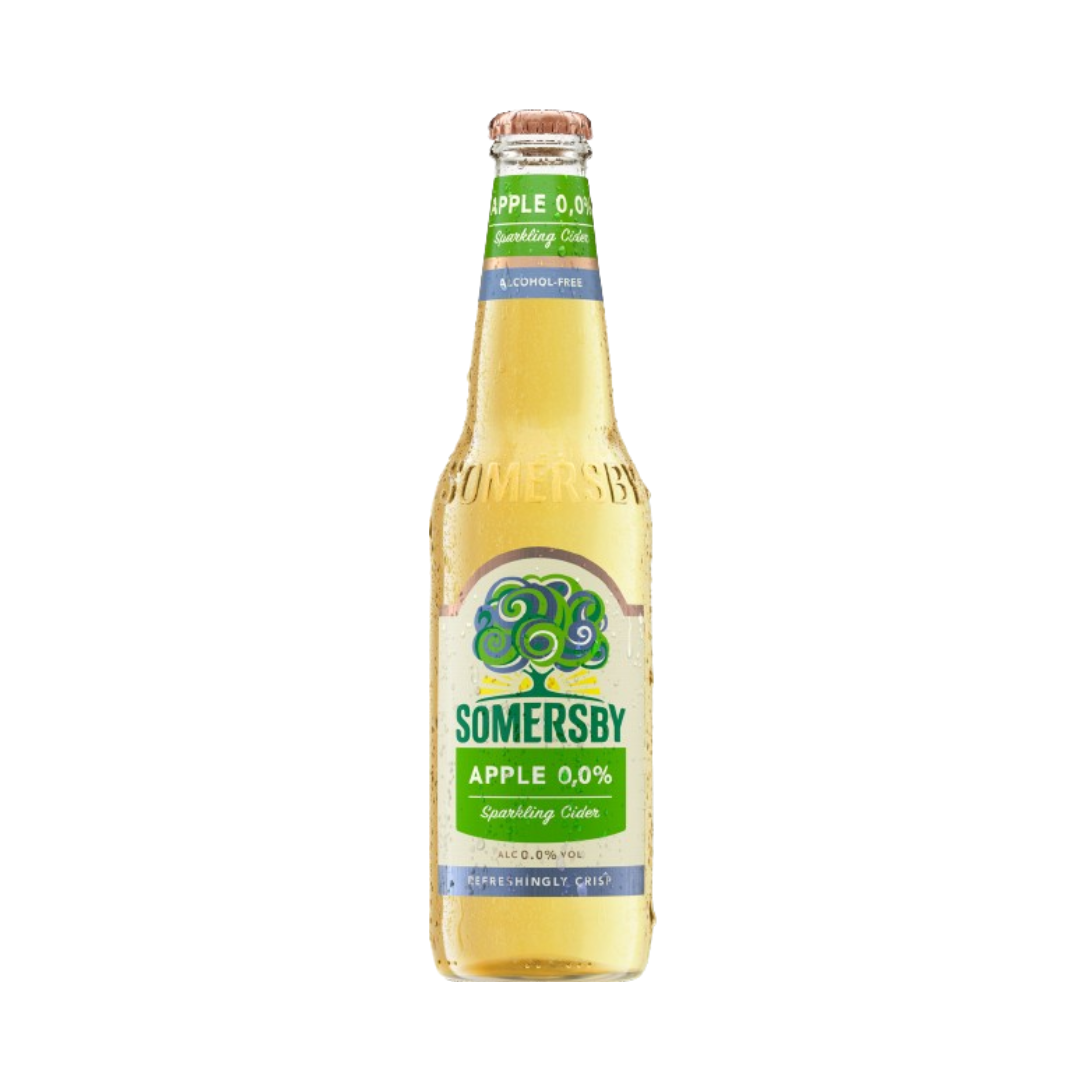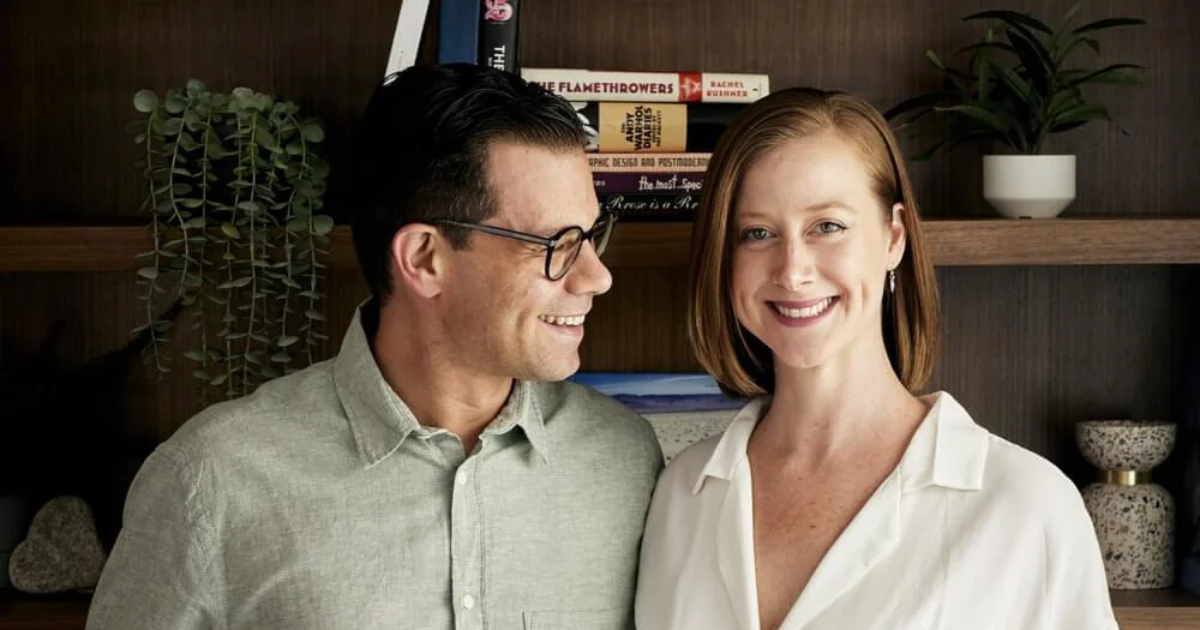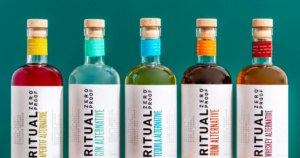From sommeliers at The French Laundry to pioneers in the alcohol-free bitters market, Ian and Carly Blessing’s journey with All The Bitter is a tale of innovation born from personal necessity. Our interview with Ian dives into their transition from kitchen experiments to scaling their brand, the importance of education in the non-alc space, and the creative process behind their expanding range.
Ian, you’re in bitters, a niche space within alcohol alternatives and even traditional cocktails. What attracted you to bitters—and alcohol-free ones at that?
It’s very much a niche product. The idea came out of a personal need for it.
My wife Carly and I met at The French Laundry working as sommeliers. Our background was in food and wine. Everything we did revolved around it, whether it was work, personal time, free time, study time—everything was food and wine.
After we had kids, we realized we couldn’t drink the way that we had been drinking. We both quit at the same time. A few months in, we got really into alcohol alternatives, just as consumers. We found Athletic first. Then, we expanded to non-alcoholic wine, non-alcoholic spirits, and making cocktails at home. We were up to 40 or 50 bottles of non-alcoholic spirits and were making cocktails every day. That’s when we realized that the one thing lacking in the marketplace was alcohol-free bitters.
We wanted to get into the space as people who loved non-alcoholic beverages and saw the ability for non-alcoholic drinks to dramatically improve our own lives, both in terms of our quality of life, but also as a tool to help us stay on track, to help us not drink alcohol.
Bitters seemed necessary in the market. And we thought that, with our background and expertise in flavor and beverage, we would be able to create satisfying cocktail bitters that would complement the marketplace. We started testing recipes in Mason jars in our home kitchen. At one point, we had nearly a hundred different recipes and extracts going at the same time.
After one year, we landed on three formulas that we really loved for classically inspired cocktail bitters—but made entirely without alcohol. We honestly didn’t know how the market was going to react to it. This is a hyper niche product. Is anybody going to need this? Is anybody going to want this? Is this a mistake? We were pleasantly surprised to quickly find that lots of people wanted non-alcoholic bitters.
Now that you’re beyond that exciting kitchen experimentation, what are some of the things you love about being more established?
That we get to educate. It’s a key reason why we decided to focus on bitters. Non-alc needs more education than other beverage categories need. Coming from our background, we were really excited about the idea of educating, of being able to create fantastic cocktails and share those cocktails. Because bitters are the spice rack of the bar, bitters are supporting players, we don’t need to be the highlight of the drink.
We’re happy to serve as the glue that holds non-alcoholic cocktails together. So we get to play with all of these amazing brands. We get to play with all these amazing spirits and create drinks that other brands might not be making because they’re focused on one product line. We’re happy to use everything.
If you look through the recipe section on our website, they’re thoughtful, high-end, elevated non-alcoholic cocktails. We get to use such a wonderful toolkit because we’re not just focused on one range of spirits.
Can you talk more about how you moved from one hundred Mason jars in your house to the scale you’re at today?
It was really fun. We did the first test batch in five gallon containers. Initially, it was our plan to continue early production that way. Then I spoke to Amanda from Noughty who said, “you might want to think about scaling up sooner rather than later.” I’m glad she did because we would have sold out our first run in one day and we would have been sold out for three months.
Thankfully, we went from five gallon containers as a test batch to eight 55-gallon drums in a shared commercial kitchen space. It was still just Carly and me at the time, though. We physically made everything entirely by hand from start to finish—30,000 bottles. It’s an eight-week process to actually put them together. We use probably two to three times the amount of raw ingredient that you would find in alcoholic bitters because glycerin, while it works as an extractor of flavor, and it works as a preservative, it doesn’t work as well as alcohol does to carry flavor.
So, we have to use more ingredients to get the same level of flavor. We have to let it sit in the tank for longer. Alcoholic bitters might only take two weeks to make. Ours take seven to eight weeks to fully pull all of the flavor out of those herbs.
In our second year, we moved into a slightly larger space within that same shared kitchen. But then we ran out of room again. Now, we’ve got a 2,500 square foot facility here.
How did you balance the operational challenges of that with the more creative side of, we’re going to get into lavender or we’re going to do a New Orleans style?
It’s really hard. That part’s really challenging. When a huge chunk of our work is based on physical production, physical work, it’s very hard to find the time to ideate and to create new recipes.
It was just working hard. It was just working extra hours. My brain doesn’t turn off.
We’re extremely precise about our flavor profiles. There have been a ton of small adjustments and small tweaks along the way to continue to push the quality and to refine the flavor profile, getting feedback as we go.
Take, for instance, this Meyer lemon verbena flavor that we did last year. We got feedback from people that they wanted more lemons from Meyer lemon verbena. We realized that most of the feedback was from folks who didn’t understand what lemon verbena was. So, in the next batch, we dialed down the lemon verbena and doubled the lemon peel. We wouldn’t have necessarily made those changes on our own in a vacuum, but hearing that feedback from people in real time made us realize what our customers wanted.
Looking head, bitters as an ingredient in cocktails, All The Bitter as a brand, what’s next?
In the immediate future, we’ll continue to scale and keep up with demand. That requires more tanks, hiring more people. You know, there’s a lot of this will continue to be the operations and logistics of it.
We’re excited to add new flavors to the main line-up. Things like chocolate, mole, lemon verbena, fig, and walnut, which have all been incredibly well-received. We’re looking forward to doing a few more new flavors, testing them out, hearing what people think, and then getting some feedback and finding out what we should actually add to the main line. Right now we have four permanent SKUs. In the next year or two, we’d like to get to six, and then beyond that, nine or 10.
A very straightforward next step for us would be cans: bitters and soda, cocktails.
With our wine backgrounds, that’s another logical step. For now, it’s just one foot in front of the other and it’s continuing to grow what we’ve started.
All The Bitter produces award-winning cocktail bitters made with organic and functional herbs and adaptogens. They’re now available on Amazon.
Dry Atlas is a media company focused on alcohol alternatives. We deliver non-alc insights, news, and recs to over five million people annually. To stay up to date on all things non-alc, subscribe to our weekly newsletter.

